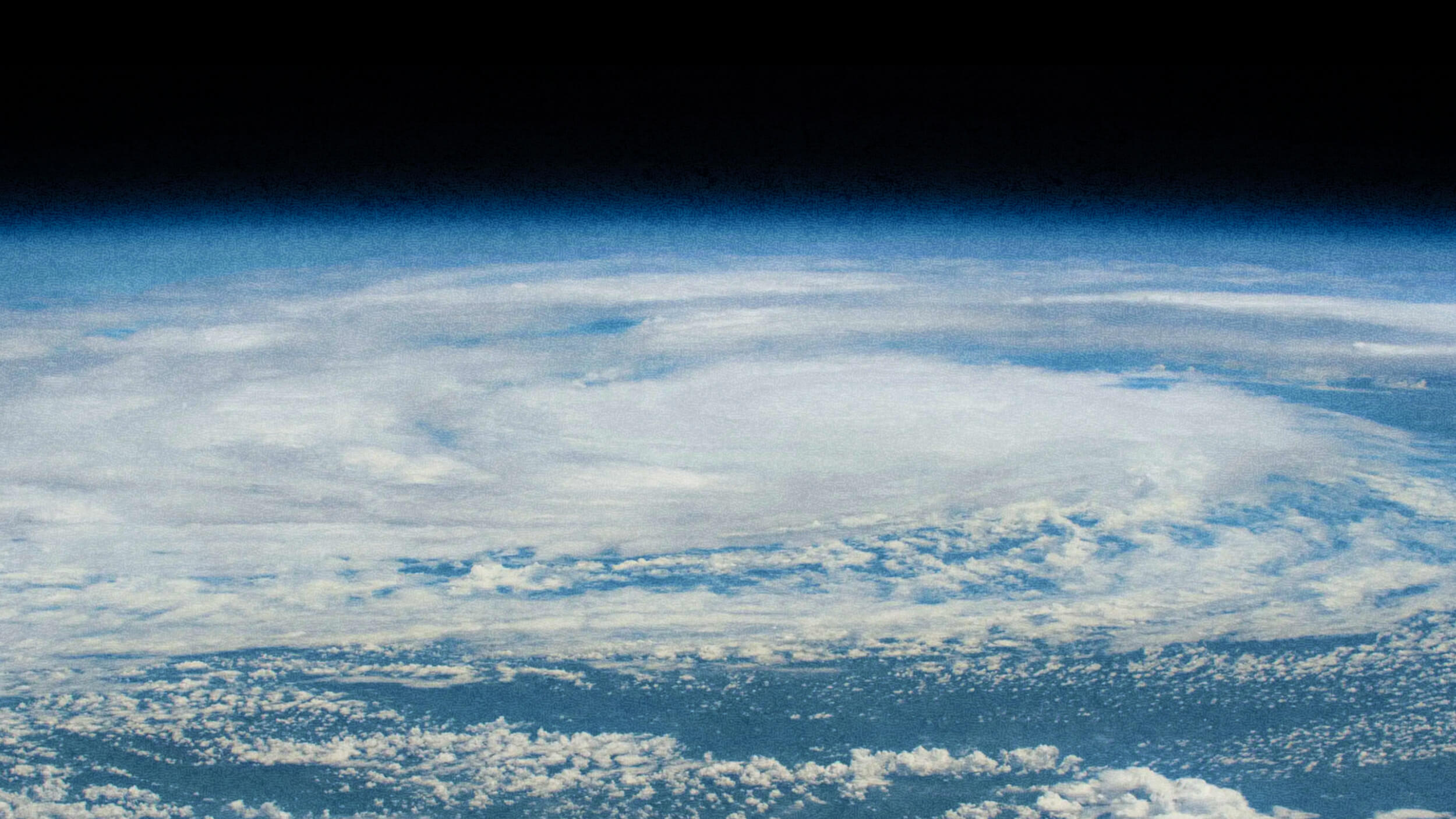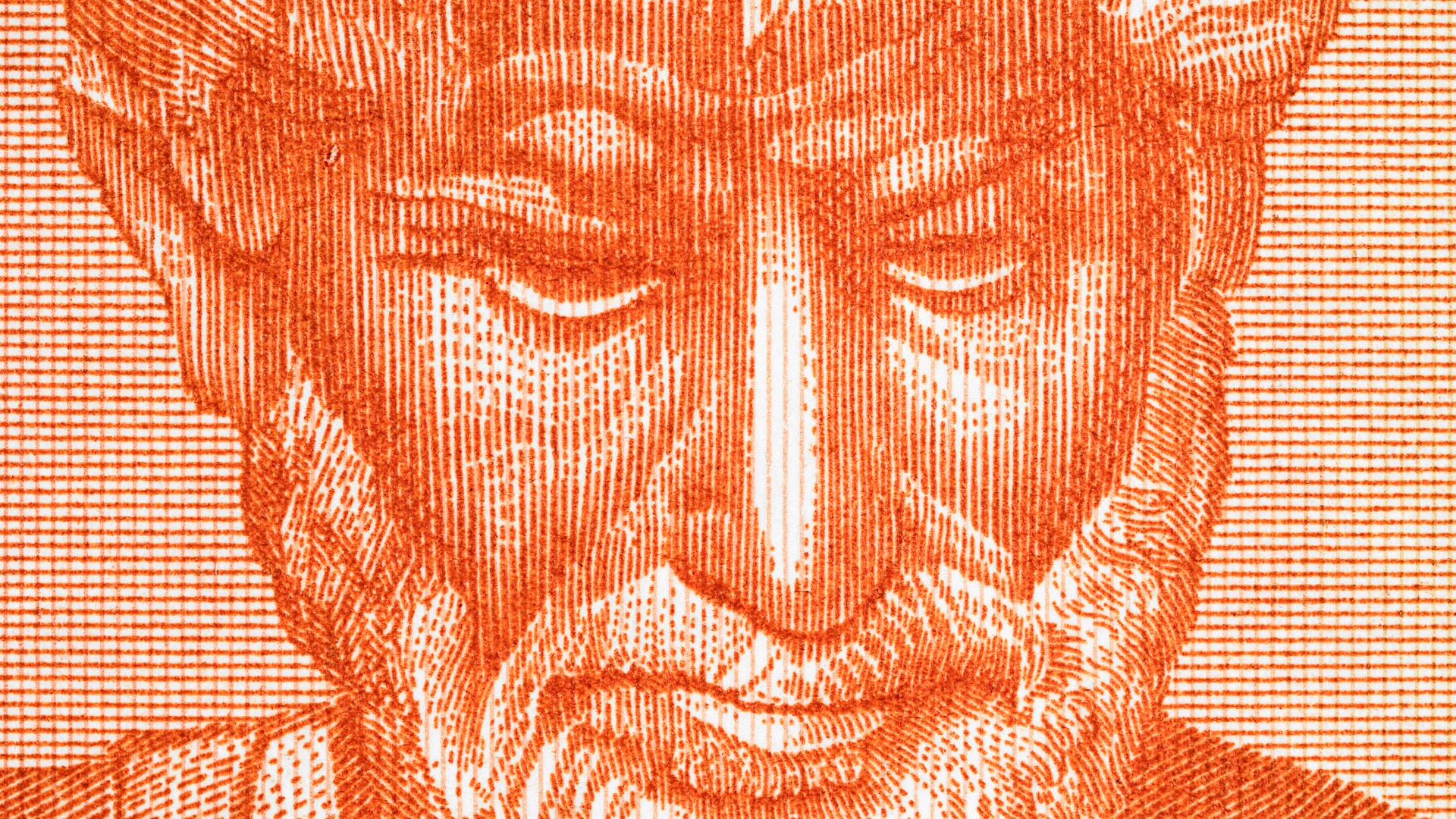31 genius sci-fi quotes that offer real-world wisdom

- The 2024 book Damn You, Entropy! 1,001 of the Greatest Science Fiction Quotes by Guy P. Harrison curates some of the most insightful and memorable quotes from various sci-fi works.
- Great science fiction often explores deep philosophical and psychological themes, encouraging us to contemplate the kind of future we are collectively building.
- Science fiction often serves as a cautionary tale about the overreliance on technology and the need for critical thinking, while also offering hope for a rational and humane future.
Science fiction transcends mere entertainment. This genre reveals, predicts, warns, educates, and inspires unlike anything else. Many of its best stories are infused with just enough credibility and possibility to spark serious thinking on real issues. A thoughtful survey of great sci-fi quotes from the last few centuries readily demonstrates this and feels like a fantastic voyage through humankind’s greatest ideas, worst fears, and highest hopes.
My new book, Damn You, Entropy! 1,001 of the Greatest Science Fiction Quotes (Rowman & Littlefield/Prometheus Books), is the book I worked on between other books. Without conscious consent or the original goal of a book, my lifelong love of science fiction and career as a journalist/author conspired to turn me into an obsessive curator of science-fiction gems. I imagine the finished product as a literary Dyson sphere that harnesses intellectual energy from novels, short stories, films, and television series.
Setting aside the mad-scientist villain trope, science-fiction writers have given tremendous respect and praise for real science and scientific thinking. In only a handful of well-crafted words, many writers have illuminated scientific principles, amplified important knowledge, and promoted positive feelings about science.
- “Was there anything more exciting in life than seeking answers?” — Isaac Asimov, Prelude to Foundation, 1988 novel
- “The ship of theory could set sail on tides of mathematical grandeur and hope alone, but only data could fill its sails.” — Gregory Benford, Cosm, 1998 novel
- “For all its beauty, honesty, and effectiveness at improving the human condition, science demands a terrible price—that we accept what experiments tell us about the universe, whether we like it or not.” — David Brin, Existence, 2012 novel
- “Science is an attempt to remove our emotions and ego from reality.” — Peter Cawdron, Losing Mars, 2018 novel
- “They’re not my truths. They belong to science.” — David S. Goyer and Josh Friedman, “The Emperor’s Peace,” 2021 episode of Foundation
- “One thing about a science: it works.” — Chad Oliver, “The Imperfect Machine,” 1955 short story
The genre has never been a blind cheerleader for science, however. Many writers have attempted to show through stories that, wonderful and productive as it is, science is not everything. Art, for example, is a key component of our humanity and some excellent writers have suggested that we may need it as much as science.
- “Science explains the world, but only Art can reconcile us to it.” — Stanislaw Lem, “King Globares and the Sages,” 1965 short story
- “As civilization advances, so does indifference. It is a disease. Immunize yourself with art. And love.” — Matt Haig, The Humans, 2013 novel
- “There are few better ways to get to know how a species thinks than to learn their art.” — Becky Chambers, A Closed and Common Orbit, 2016 novel
Many science-fiction characters explore space, travel time, and encounter aliens—while still in the grip of the human condition. This makes the genre particularly well-suited to address deep philosophical and psychological themes.
- “We’re only different from the bacteria because we are able to ask what the hell this is all about. Not answer, just ask.” — Carolyn Ives, “Umbernight,” 2018 short story
- “What is beauty, or goodness, or art, or love, or God? We are forever teetering on the brink of the unknowable, and trying to understand what can’t be understood.” — Isaac Asimov, The Caves of Steel, 1954 novel
- “Will the mountains remain unmoved, and streams still keep a downward course towards the vast abyss; will the tides rise and fall, and the winds fan universal nature; will beasts pasture, birds fly, and fishes swim, when man, the lord, possessor, perceiver, and recorder of all these things, has passed away, as though he had never been?” — Mary Shelley, The Last Man, 1826 novel
- “Why are we born needing impossible things? Why is it that we all have things we need to live that simply do not exist in the universe? A purpose in life. Unconditional love? Our emotional needs met? Ha.” — Elizabeth Bear, Machine, 2020 novel
Many science-fiction stories, old and new, contain relevant warnings about societies sliding into madness and self-destruction after reason had eroded or been sacrificed in the name of comforting delusions and compelling lies. As one who has written many books and articles about the urgent need for improved critical thinking in contemporary society, I appreciate the many science-fiction writers who have called on us to become a more rational species.
- “His mind could be his salvation, as it had been his damnation.” —Richard Matheson, The Shrinking Man, 1956 novel
- “If Earth was ever to be saved, its people would have to be taught to believe in reason.” —Robert Zubrin, The Holy Land, 2003 novel
- “You’re not even consciously aware of the world until your brain has filtered and censored and hammered it down into a mush of self-serving Darwinian dogma. The cataracts on your eyes are four billion years thick; it’s amazing you can see anything at all.” — Peter Watts, “Kindred,” 2018 short story
- “Hope clouds observation.” — Frank Herbert, Dune, 1965 novel
- “It’s always easier not to think for oneself. Find a nice safe hierarchy and settle in.” — Ursula K. Le Guin, The Dispossessed, 1974 novel
- “Isn’t it enough to see that a garden is beautiful without having to believe that there are fairies at the bottom of it too?” — Douglas Adams, The Hitchhiker’s Guide to the Galaxy, 1979 novel
- “It’s a strange thing: We humans pride ourselves on being ruled by reason, yet with human civilization at stake, we chose ideology and ignorance.” — James Lawrence Powell, The 2084 Report: A Novel of the Great Warming, 2011 novel
- “In this age of enlightenment, the soothsayer and astrologer flourish. As science pushes forward, ignorance and superstition gallop around the flanks and bite science in the rear with big dark teeth.” — Philip Jose Farmer, Riders of the Purple Wage, 1967 novel
- “We cannot reason ourselves out of our basic irrationality. All we can do is to learn the art of being irrational in a reasonable way.” — Aldous Huxley, Island, 1962 novel
Science is our most effective tool or process for discovering and understanding reality. It also enables us to create technologies with godlike powers. Unfortunately, this comes with the risk of placing too much trust in scientists and too much reliance on technology. The question of who gets to control and benefit most from deadly, invasive, or dehumanizing technology is a common science-fiction theme.
- “When a population is dependent on a machine, they are hostages of the men who tend the machines.” — Robert A. Heinlein, “The Roads Must Roll,” 1940 short story
- “Aren’t these the people who taught us how to annihilate ourselves? I tell you, my friends, science is too important to be left to the scientists.” — Carl Sagan, Contact, 1985 novel
- “It has undoubtedly occurred to you, as to all thinking people of your day, that the scientists have done a particularly abominable job of dispensing the tools they have devised. Like careless and indifferent workmen they have tossed the products of their craft to gibbering apes and baboons.” — Raymond F. Jones, This Island Earth, 1952 novel
On the other hand, prominent astronomer Fred Hoyle wrote a science-fiction novel in the 1950s that contained the suggestion that scientists don’t have enough power.
- “Has it ever occurred to you, Geoff, that in spite of all the changes wrought by science—by our control over inanimate energy, that is to say—we still preserve the same old social order of precedence? Politicians at the top, then the military, and the real brains at the bottom.” — Fred Hoyle, The Black Cloud, 1957 novel
Outside of the apocalyptic visions it paints so well, one of science fiction’s greatest powers is the ability to give us hope. Numerous stories have presented optimistic outcomes for humanity. Issac Asimov’s Foundation novels, the H. G. Wells’ film Things to Come, Gene Roddenberry’s Star Trek, Andy Weir’s resilient never-surrender individuals in The Martian and Project Hail Mary, Matt Haig’s The Humans, David Brin’s Uplift novels and many more great works tell us that we and our young civilization can not only survive but just might thrive deep into the future.
- “We can grow up. We can leave the nest. We can fulfill the Destiny, make homes for ourselves among the stars, and become some combination of what we want to become and whatever our new environments challenge us to become.” — Octavia E. Butler, Parable of the Talents, 1998 novel
- “It is possible to build a rational and humane culture completely free from the threat of supernatural restraints.” — Arthur C. Clarke, The Songs of Distant Earth, 1986 novel
- “But Earth would never die, for there was a part of Earth in every man and woman who would go forth into space, part of Earth’s courage, part of Earth’s ideals, part of Earth’s dreams.” — Clifford D. Simak, Empire, 1951 novel
- “It’s possible that man may lose knowledge, life, his planets and sun—but there’s still plenty of hope. We’re not finished yet.” — John W. Campbell, The Black Star Passes, 1953 novel
- “Now I don’t pretend to tell you how to find happiness and love, when every day is just a struggle to survive. But I do insist that you do survive. Because the days and the years ahead are worth living for.” — Harlan Ellison, D. C. Fontana, and Gene L. Coon, “The City on the Edge of Forever,” 1967 episode of Star Trek
Guy P. Harrison is an award-winning writer and author of nine books, including Damn You, Entropy!, At Least Know This, Good Thinking, and Think: Why you should question everything.





